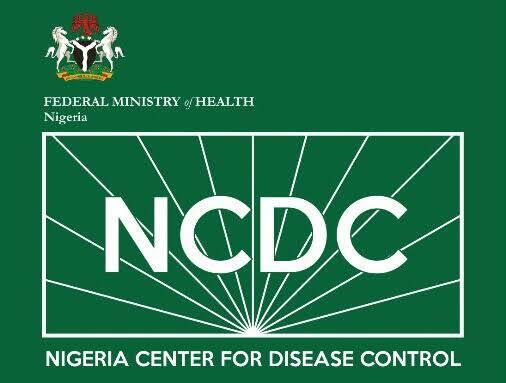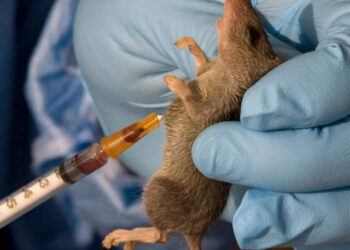The NCDC via its official website on Sunday, said that the fatality rate remained alarmingly high at 18.7 per cent, with 100 deaths recorded so far in 2025.
According to the Lassa Fever Situation Report released by the agency, 29 new cases were confirmed across nine states, a drop from 54 cases recorded in the previous week (Week 8).
It said that the affected states included Ondo, Bauchi, Edo, Taraba, Ebonyi, Plateau, Cross River, Nasarawa, and Enugu.
The NCDC highlighted that 72 per cent of all confirmed cases were reported from just three states—Ondo 31 per cent, Bauchi 24 per cent, and Edo 17 per cent.
It said that these states continued to bear the brunt of the outbreak, raising concerns over the effectiveness of ongoing containment efforts.
Furthermore, it noted that one new healthcare worker was infected in Week 9, bringing the total number of affected health workers in 2025 to 17.
“This underscores the urgent need for better protective measures, adequate supply of personal protective equipment (PPEs), and enhanced infection prevention protocols in hospitals,” it said.
The NCDC outlined several challenges impacting the response to the outbreak, including: “Late presentation of cases, leading to high fatality rates”.
“Poor health-seeking behaviour, attributed to the high cost of Lassa fever treatment and management.
“Poor environmental sanitation conditions in high-burden communities and low awareness about Lassa fever symptoms and preventive measures”.
In response to the outbreak, it said that the National Rapid Response Team (NRRT) had been deployed to Gombe, Nasarawa, and Benue states to provide technical support.
Additionally, the NCDC said it had intensified risk communication efforts and conducted training for healthcare workers in Bauchi, Ebonyi, and Benue states.
The agency said it was also collaborating with international partners such as WHO, MSF Geneva, and Georgetown Global Health Nigeria to improve case management and enhance surveillance.
Comparative data from the NCDC showed that while the number of confirmed cases in 2025 (535 cases as of Week 9) is lower than in 2024 (682 cases during the same period), the fatality rate remains nearly the same (18.7% vs. 18.8%).
“The NCDC continues to advise Nigerians to: “avoid contact with rodents and their droppings, store food properly to prevent contamination, and seek medical attention immediately if they experience symptoms such as fever, headache, sore throat, and unexplained bleeding,” it reported.
Meanwhile, Public Health experts said this called for more proactive measures to address gaps in early detection, treatment affordability, and public awareness to reduce mortality rates in future outbreaks.
They urged state governments, donor agencies, and community leaders to intensify awareness campaigns and improve healthcare infrastructure in Lassa fever hotspots.
As Nigeria battles this recurrent public health challenge, experts emphasised the need for long-term investments in disease surveillance, public health education, and improved access to treatment to curb future outbreaks.
The News Agency of Nigeria (NAN), reports that Lassa fever is a viral hemorrhagic disease caused by the Lassa virus, primarily spread through contact with food or household items contaminated by the urine, faeces, or saliva of infected rodents.
Human-to-human transmission can also occur, particularly in healthcare settings, with inadequate infection prevention and control (IPC) measures.
Nigeria records Lassa fever cases year-round, with peak transmission occurring between October and May.
The high burden of the disease is linked to widespread rodent infestations, poor sanitation, and a lack of awareness in many communities.
Efforts to combat Lassa fever in the country include: surveillance and early detection, case management, and public health awareness campaigns.
In spite of these efforts, Lassa fever remains a significant public health challenge, with high mortality rates and the potential for international spread, as seen in the recent report. (NAN)









